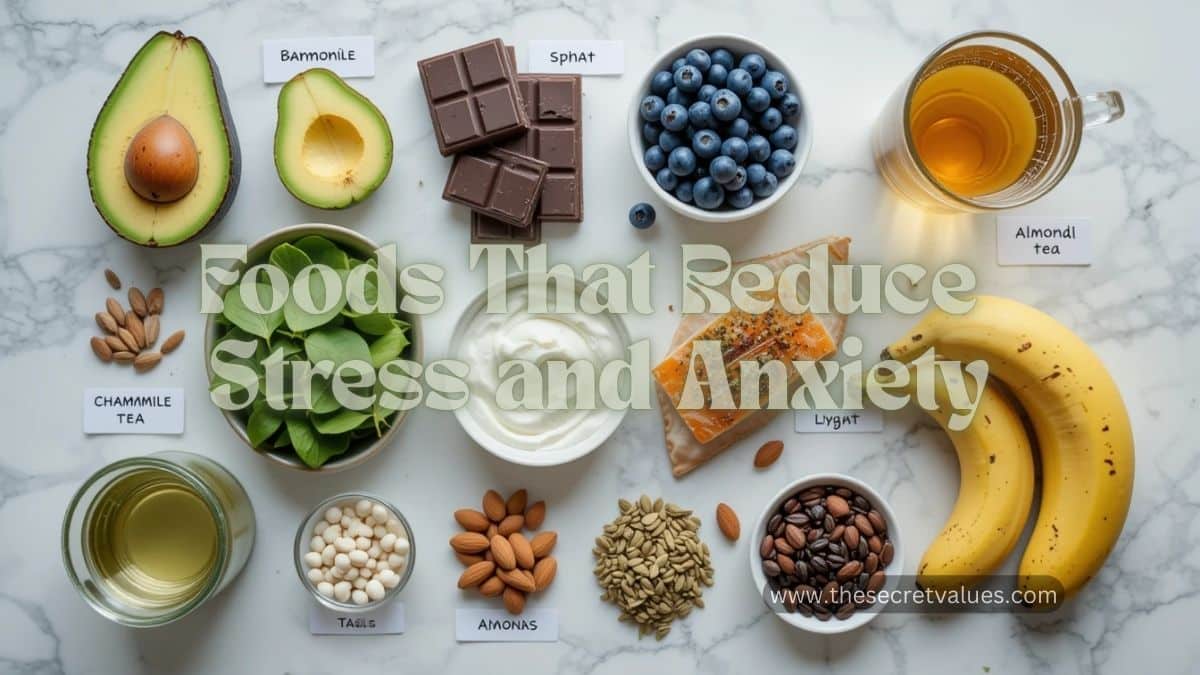Everybody experiences stress, and how we manage it can have a significant impact on our lives. Meditation can help reduce stress. When done correctly, it can provide both short-term and long-term benefits. If you’ve ever wondered, ” How does meditation relieve stress? ” or ” Can meditation relieve stress?” You’re at the right spot. Let’s explore the research on the benefits of meditation and easy ways to incorporate it into your routine.
Understanding Stress and Its Effects
What is stress?
Stress is the body’s response to challenges or demands, often referred to as the “fight-or-flight” response.
- Types of Stress: There are three types:
- Acute stress: Short-term stress triggered by immediate situations like a deadline.
- Episodic Stress: Recurring stress from frequent challenges.
- Chronic Stress: Long-term stress that can harm your health.
- Common Causes of Stress: Work pressure, relationships, financial issues, and even daily commutes.
How Stress Impacts the Body and Mind
Stress can impact you physically, emotionally, and mentally.
- Physical Effects: Increased heart rate, high blood pressure, and muscle tension.
- Mental Effects: Anxiety, lack of focus, and irritability. Chronic stress can even lead to depression.
How Does Meditation Relieve Stress?
Science-Backed Explanation
Meditation helps calm the mind and body by addressing the root of stress: the overactive fight-or-flight response.
- It reduces activity in the amygdala, the brain’s stress centre.
- It activates the rest-and-digest system.
Role of Mindfulness in Reducing Stress
Mindfulness—being fully present—is a core aspect of meditation. During mindfulness, rumination about problems is less frequent, which in turn lowers the stress level.
5 Proven Benefits of Meditation for Stress Relief
1. Reduces Cortisol Levels
Cortisol is a hormone that is released in response to stress. High cortisol levels can cause problems such as weight gain and insomnia. Studies have found significant decreases in cortisol levels through meditation, allowing the body to return to a state of equilibrium.
2. Promotes Relaxation Response
Meditation triggers your relaxation response, which is a state of restful sleep. The relaxation response is the opposite of the tension response, helping to slow the heart rate and breathing. Techniques like breathing with your eyes closed can help enhance this effect.
3. Enhances Emotional Regulation
Meditation can help you control your emotions, thereby making it easier to deal with stress-related triggers. For instance, the practice of meditation helps the mind to stop and react to a rapid-paced and stress-inducing email.
4. Improves Focus and Concentration
Stress is a common cause of confusion in your mind and makes it difficult to concentrate. Ability to help you focus your mind through meditative practice. As a type of brain workout, it helps your brain stay active, even in stressful situations.
5. Boosts Overall Mental Well-Being
Through reducing depression and anxiety, meditation can help you feel more grounded and content with life. People who regularly meditate tend to experience greater happiness and increased resilience.
Types of Meditation to Relieve Stress
- Mindfulness Meditation: Focus on the present moment.
- Guided Meditation: Follow a guide’s voice for relaxation.
- Transcendental Meditation: Repeat a mantra to calm the mind.
- Loving-Kindness Meditation: Generate QHHT sessions with a warm feeling of love and compassion.
- Yoga and meditation combinations: integrate movement with mindfulness.
Easy Meditation to Relieve Stress
Step-by-Step Guide for Beginners
- Find a quiet space.
- Sit comfortably and close your eyes.
- Focus on your breath.
- If you find your mind wandering and playing tricks, kindly return to your breath.
Tips for Maintaining a Regular Practice
- Start with just 5 minutes a day.
- Use apps like Calm or Headspace for guidance and support.
- Pair meditation with daily habits, such as your morning coffee.
Can Meditation Relieve Stress in the Long Term?
Absolutely! Regular meditation alters the wiring routines in your brain, reduces the tendency to respond to stress, and makes one calmer in stressful situations. Consider it like training a muscle; the more you train, the better your resilience becomes.
Incorporating Meditation into a Busy Lifestyle
- Try micro-meditations during work breaks.
- Meditate during your commute (if safe) by focusing on your breath.
- Replace scrolling on your phone with a 10-minute guided session.
Meditation Tools and Apps
Popular Apps for Guided Meditation
- Headspace: Perfect for beginners.
- Calm: Offers meditations for relaxation and sleep.
Benefits of meditation using technology
Apps make meditation accessible, offering flexibility and tracking your progress to keep you motivated.
Common Myths About Meditation
- Meditation can take hours to be effective, but even 5 minutes can make a noticeable ddifference
- Only certain individuals can meditate; however, meditation is accessible to everyone, regardless of age or lifestyle.
- Meditation helps eliminate stress, but it doesn’t eliminate life’s challenges.
Conclusion
Meditation is one of the most effective and straightforwardways tos releas stresse, which is highly beneficial for mental health. Lowering cortisol and increasing emotional resilience are benefits of meditation that are too good to ignore. Start small, stay consistent, and watch your stress melt away over time.
FAQs
1. Is it possible to work miracles and relieve stress with meditation?
Even a single session can indeed induce a sense of rest.
2. What would be the ideal frequency of meditation in relieving stress?
Try to have at least 10 minutes a day. It is better to be consistent in the long term.
3. When should you meditate?
The best time to establish a quiet tone is in the morning, but this is just a suggestion. The vital thing to consider is that you are consistent in doing it, regardless of where you are or when.
4. Do work-related stresses have particular meditations?
Of course, mindfulness and breathing processes are tremendous in stress management at work.
5. Is meditation possible for children to help them reduce stress?
Absolutely! One can find guided meditations specifically designed for children to help them focus better and manage their emotions.








2 thoughts on “How Does Meditation Relieve Stress: 5 Proven Benefits”